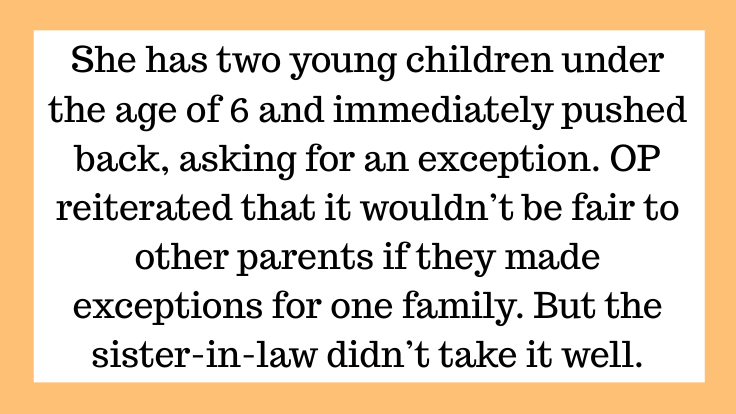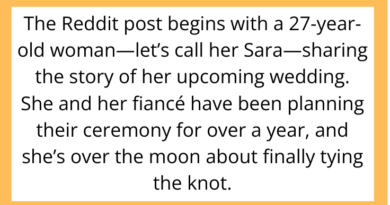Am I the Jerk for Refusing to Let My Fiancé’s Sister Bring Her Kids to Our Child-Free Wedding?
Weddings are supposed to be a celebration of love and unity—but sometimes, they become the perfect storm for family drama. Especially when “child-free” is written on the invitation and not everyone agrees with it.
In today’s AITAH story, a bride-to-be finds herself in the middle of an emotional standoff with her future sister-in-law, who insists on bringing her young kids to the wedding—even though it’s been clearly stated as a child-free event. Now the bride is left wondering: is she the jerk for sticking to her no-kids policy?
The Setup: A Clear, Child-Free Vision

The Original Poster (OP) shared on Reddit that she and her fiancé decided early on that their wedding would be child-free. It wasn’t meant to offend anyone—it was simply a decision based on budget, venue limitations, and the desire for an adult-focused celebration.
Invitations were sent out months in advance, and every guest was informed clearly and respectfully that children were not invited. Most guests understood and respected the decision. All, except one: OP’s future sister-in-law.
She has two young children under the age of 6 and immediately pushed back, asking for an exception. OP reiterated that it wouldn’t be fair to other parents if they made exceptions for one family. But the sister-in-law didn’t take it well.
What started as a conversation turned into a family-wide debate, with accusations of being “anti-family,” “selfish,” and “unwelcoming.”
Child-Free Weddings: A Growing (and Controversial) Trend

Why More Couples Are Choosing Child-Free Weddings
It’s not uncommon these days for couples to choose child-free ceremonies and receptions. Some of the most common reasons include:
-
Cost control and venue size
-
Desire for a formal, adults-only atmosphere
-
Late-night parties not suitable for kids
-
Reduced chaos and disruptions during the ceremony
In OP’s case, it was all of the above. They wanted a relaxed evening for adults without having to worry about crying, babysitting, or logistical challenges.
Why It Rubs Some Families the Wrong Way
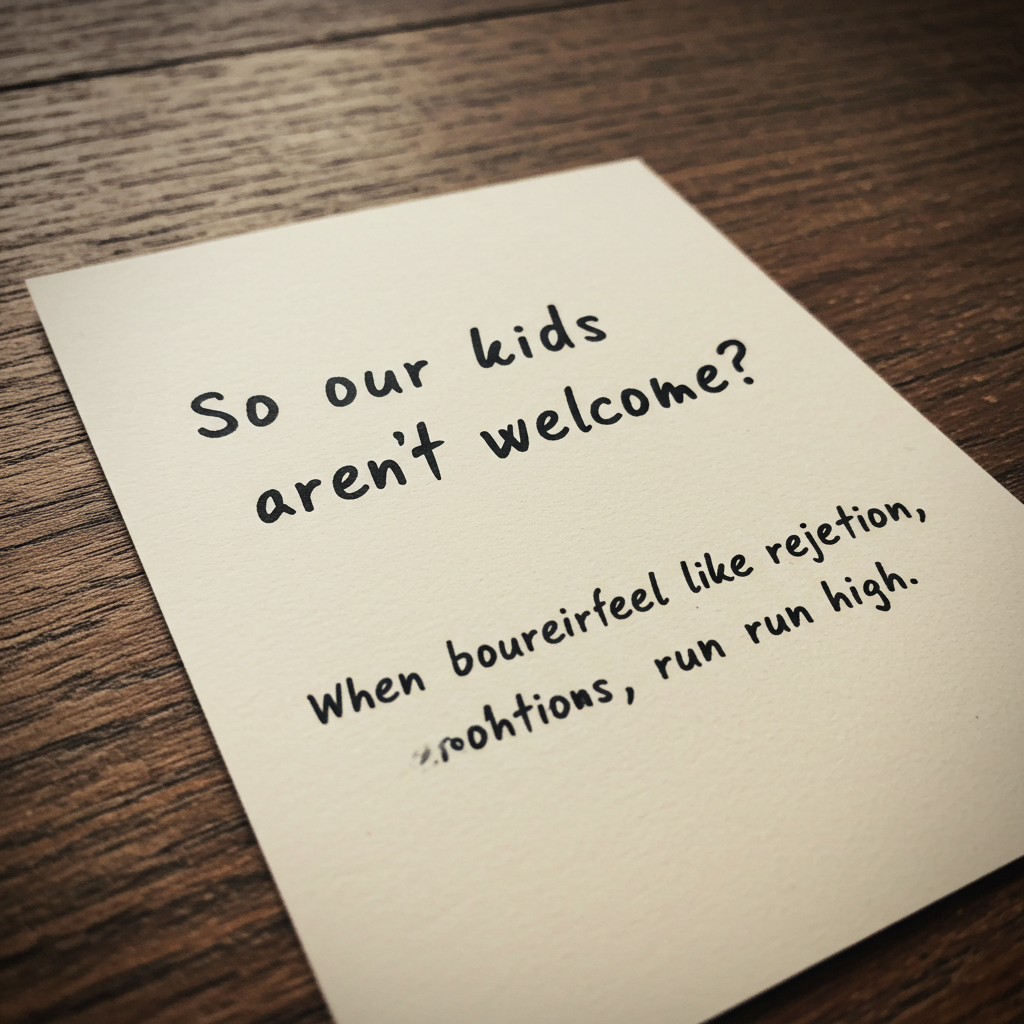
Despite how common child-free weddings have become, they’re still a sore subject for some families. For parents who are used to bringing their kids everywhere, it can feel like a personal rejection.
OP’s future sister-in-law framed it that way: “So, you don’t think our kids are good enough to be part of the celebration?”
The issue escalated when she threatened not to come at all—accusing OP of dividing the family before the wedding had even happened.
Boundaries vs. Entitlement: Who Gets to Decide?
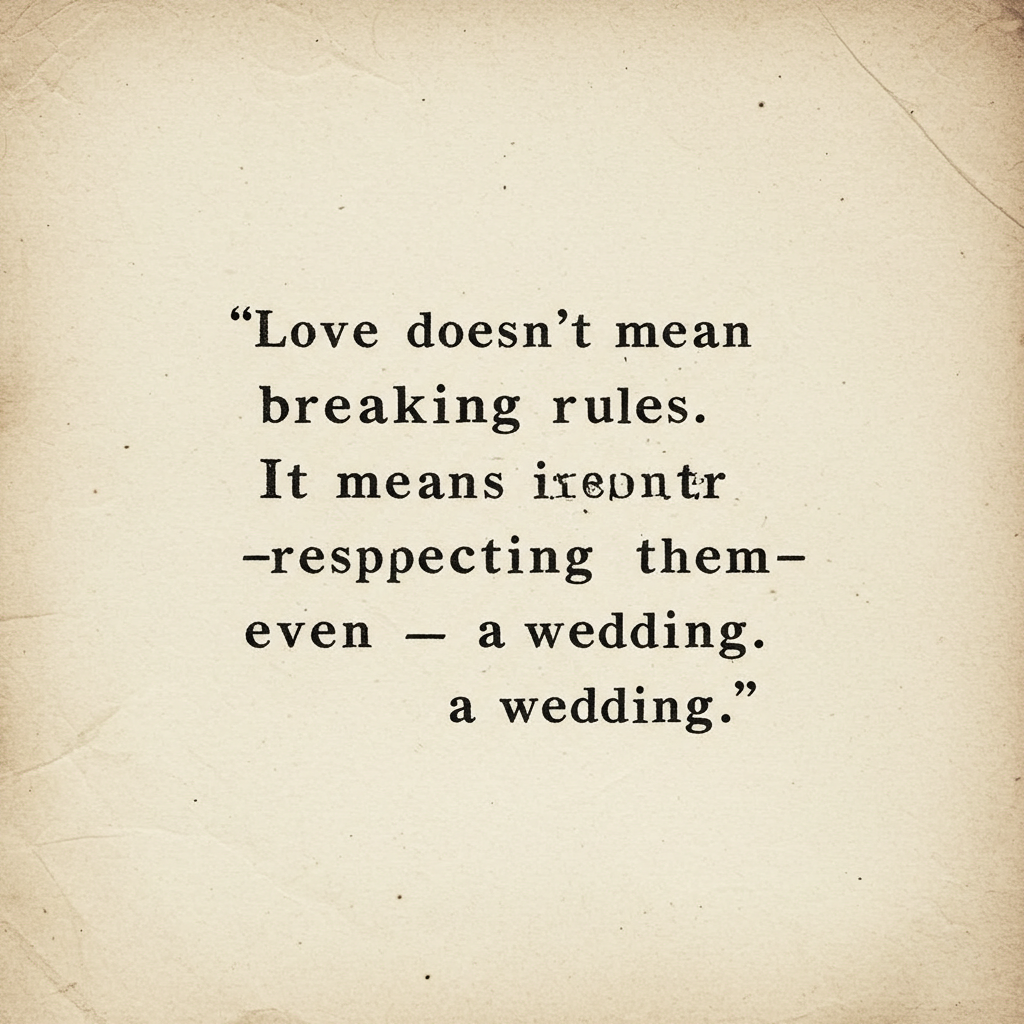
The Couple’s Day, The Couple’s Rules
Reddit was quick to point out that weddings are personal events, not public property. The couple paying for and planning the day has every right to set boundaries—including a no-kids policy.
One highly upvoted comment read:
“You don’t owe anyone an apology for setting boundaries, especially on your wedding day. If they can’t respect that, maybe it’s better they don’t come.”
This sentiment was echoed by many users who had experienced similar pushback when planning their own weddings.
Entitlement Isn’t a Plus-One
The assumption that family ties entitle someone to break the rules is a recurring theme in AITAH posts—and this story is no exception.
OP’s decision wasn’t targeted at one person. It applied to everyone equally. By demanding special treatment, the sister-in-law wasn’t just asking for a favor—she was expecting rules to bend for her.
Is Compromise Always the Answer?
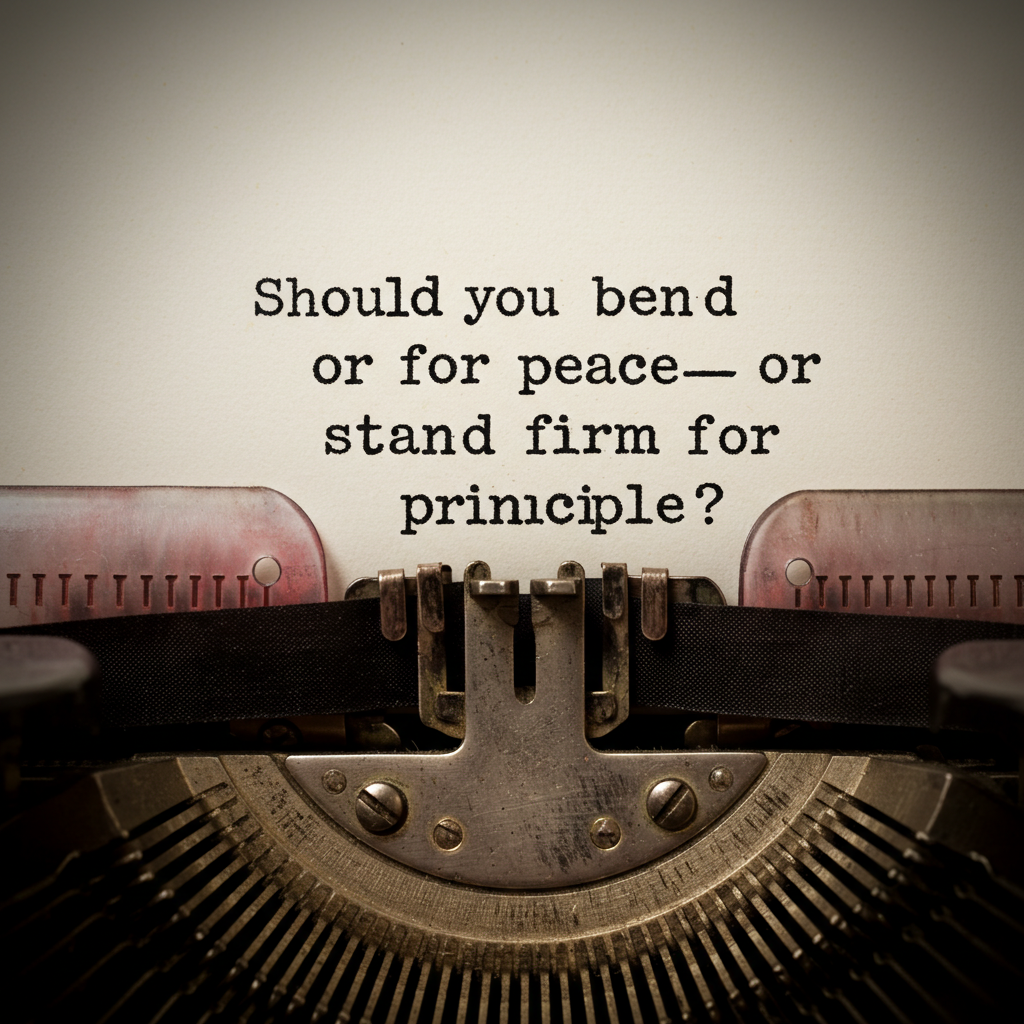
The Case for Standing Firm
Some commenters argued that OP needed to stand her ground, especially if the sister-in-law had a history of boundary-pushing behavior. Giving in now, they said, could lead to a lifetime of similar issues.
Others suggested that OP’s fiancé should step in and support the decision publicly to avoid further conflict within his own family.
The Case for Compassion
Not all responses were one-sided. A few users suggested that if the kids were well-behaved and the only children attending, perhaps a limited exception could be considered—especially if not inviting them would permanently damage family relationships.
But even those commenters admitted that any exception could be seen as favoritism and might create new drama with other guests.
What the AITAH Community Decided

In the end, Reddit’s verdict was a strong Not the Jerk.
The top-voted responses emphasized:
-
Weddings are not community events; they’re personal celebrations
-
Boundaries matter, and guests should respect them
-
Being family doesn’t grant someone the right to override plans
-
The sister-in-law was trying to use guilt as a weapon
The overwhelming consensus? OP was right to stick to her decision.
Final Thoughts: You’re Not Wrong for Wanting the Wedding You Envision

Planning a wedding can be a minefield of expectations, family politics, and emotional landmines. But at the heart of it all is a simple truth: you and your partner get to decide how your day unfolds.
It’s not about being cold or unwelcoming. It’s about setting boundaries so your celebration reflects what matters to you—without guilt or pressure.
If someone can’t respect that, it says more about them than it does about you.
